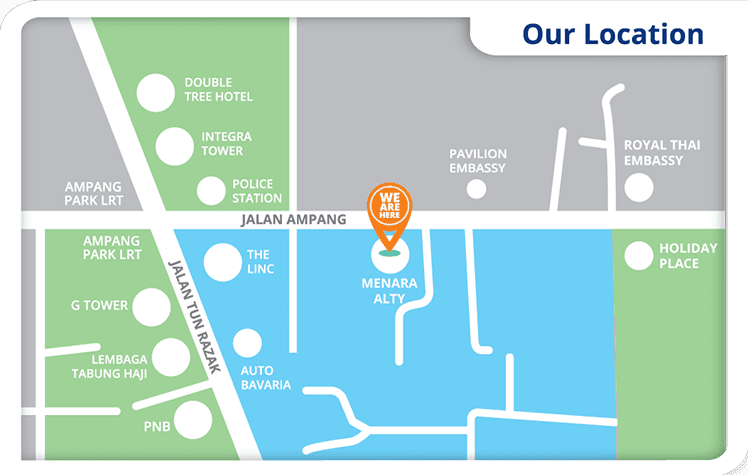Arthroscopy is a surgical procedure in which an arthroscope is inserted into a joint. Arthroscopy is a term that comes from two Greek words, arthro-, meaning joint, and -skopein, meaning to examine.
The benefits of arthroscopy involve smaller incisions, faster healing, a more rapid recovery, and less scarring. Arthroscopic surgical procedures are often performed on an outpatient basis and the patient is able to return home on the same day.
The arthroscope is a fibre-optic telescope that can be inserted into a joint (commonly the knee, shoulder and ankle) to evaluate and treat a number of conditions. A camera is attached to the arthroscope and the picture is visualized on a TV monitor. Most arthroscopic surgery is performed as day surgery and is usually done under general anaesthesia. Knee arthroscopy is common, and millions of procedures are performed each year around the world.
Arthroscopy is useful in evaluating and treating the following conditions
- Torn floating cartilage (meniscus): The cartilage is trimmed to a stable rim or occasionally repaired
- Torn surface (articular) cartilage
- Removal of loose bodies (cartilage or bone that has broken off) and cysts
- Reconstruction of the anterior cruciate ligament
- Patello-femoral (knee-cap) disorders
- Washout of infected knees
- General diagnostic purposes
Some of the knee conditions treated using arthroscopic surgery includes:
- Meniscal cartilage tears
- Cartilage tears
- Articular cartilage (surface) injury
- Anterior cruciate ligament Injuries
- Patella (knee-cap) injuries
- Inflammatory arthritis of knee
- Isolated cartilage defects in younger patients
Knee Arthroscopy: Patient Information
Please stop taking aspirin and anti-inflammatory medications 5 days prior to your surgery. You can continue taking all your other routine medication. If you smoke you are advised to stop a few days prior to your surgery.
You will be admitted on the day of surgery and need to remain fasted for 6 hours prior to the procedure.
The limb undergoing the procedure will be marked and identified prior to the anaesthetic being administered.
Once you are under anaesthetic, the knee is prepared in a sterile fashion. A tourniquet is placed around the thigh to allow a ‘blood – free’ procedure.
The arthroscope is introduced through a small (size of a pen) incision on the outer side of the knee. A second incision on the inner side of the knee is made to introduce the instruments that allow examination of the joint and treatment of the problem.
Post-operative recovery
- Pain medication will be provided and should be taken as directed.
- You can remove the bandage in 24 hours and place waterproof dressings (provided) over the wounds.
- It is normal for the knee to swell after the surgery. Elevating the leg when you are seated and placing ice packs on the knee will help to reduce swelling.
- You are able to drive and return to work when comfortable unless otherwise instructed.
- Please make an appointment 7-10 days after surgery to monitor your progress and remove the 2 stitches in your knee.
Risks of arthroscopy
Patients have some discomfort in the throat as a result of the tube that supplies oxygen and other gasses. Please discuss with the specialist anaesthetist if you have any specific concerns.
Risks related to arthroscopic knee surgery include:
- Postoperative bleeding
- Deep vein thrombosis
- Infection
- Stiffness
- Numbness to part of the skin near the incisions
- Injury to vessels, nerves and a chronic pain syndrome
- Progression of the disease process
Post-operative exercises and physical therapy
Following your surgery you will be given an instruction sheet showing exercises that are helpful in speeding up your recovery. Strengthening your thigh muscles (quadriceps and hamstrings) is most important. Swimming and cycling (stationary or road) are excellent ways to build these muscles up and improve movement.
Our Specialists
ALTY is the new innovative orthopaedic healthcare provider in Malaysia. Our medical experts work together to provide comprehensive orthopaedic services that best suit your condition and lifestyle. Our team of orthopaedic specialists are trained to utilize advanced technologies to deliver the best patient care and experience.
Meet your surgeons.
Our other specialists in the field of Cardiology, Radiology, Gastroenterology, Urology, ENT and Dermatology offer holistic medical care for you, all under one roof.
Meet our medical experts.
 +6012-637 7646
+6012-637 7646 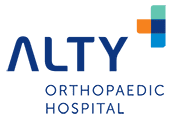
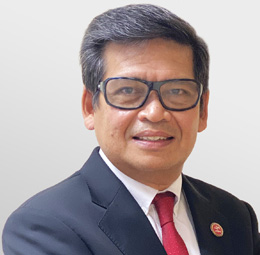 DATO' DR. BADRUL SHAH BADARUDDIN
DATO' DR. BADRUL SHAH BADARUDDIN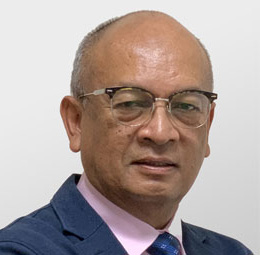 Assoc. Prof. (C) Dr. Ruslan Nazaruddin Simanjuntak
Assoc. Prof. (C) Dr. Ruslan Nazaruddin Simanjuntak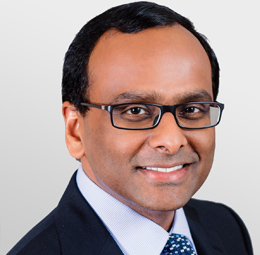 DR. SURESHAN SIVANANTHAN
DR. SURESHAN SIVANANTHAN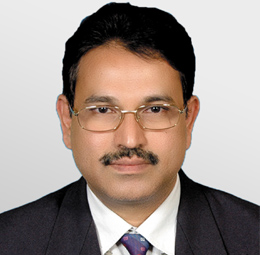 DR. ANANTHA KUMAR CHINNASWAMY
DR. ANANTHA KUMAR CHINNASWAMY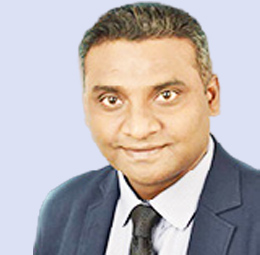 Dr. Ganiga Srinivasaiah Sridhar
Dr. Ganiga Srinivasaiah Sridhar Dr. Lee Li Ching
Dr. Lee Li Ching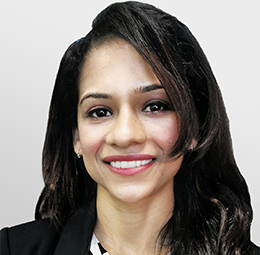 Dr. Meera Kuppusamy
Dr. Meera Kuppusamy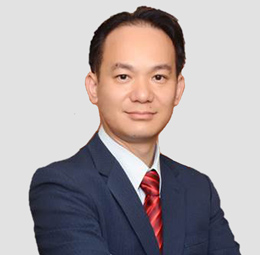 Dr. Mohamad Fadhil Hadi Bin Jamaluddin
Dr. Mohamad Fadhil Hadi Bin Jamaluddin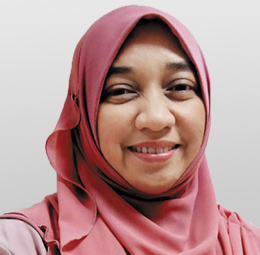 DR. NORZILA TENDOT BT ABU BAKAR
DR. NORZILA TENDOT BT ABU BAKAR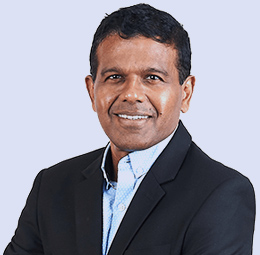 DR. PAUL SELVINDOSS
DR. PAUL SELVINDOSS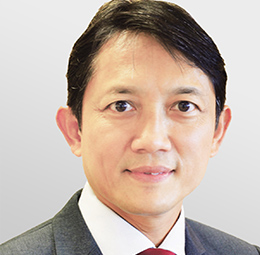 DR. SHAHROL AZMI MOHD YASIN
DR. SHAHROL AZMI MOHD YASIN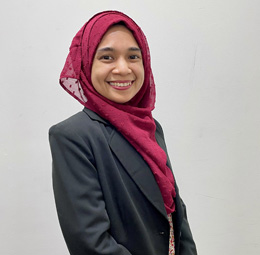 Dr. Dalila bt Yusoff
Dr. Dalila bt Yusoff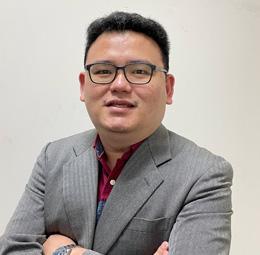 DR. LOW LI YAM
DR. LOW LI YAM
